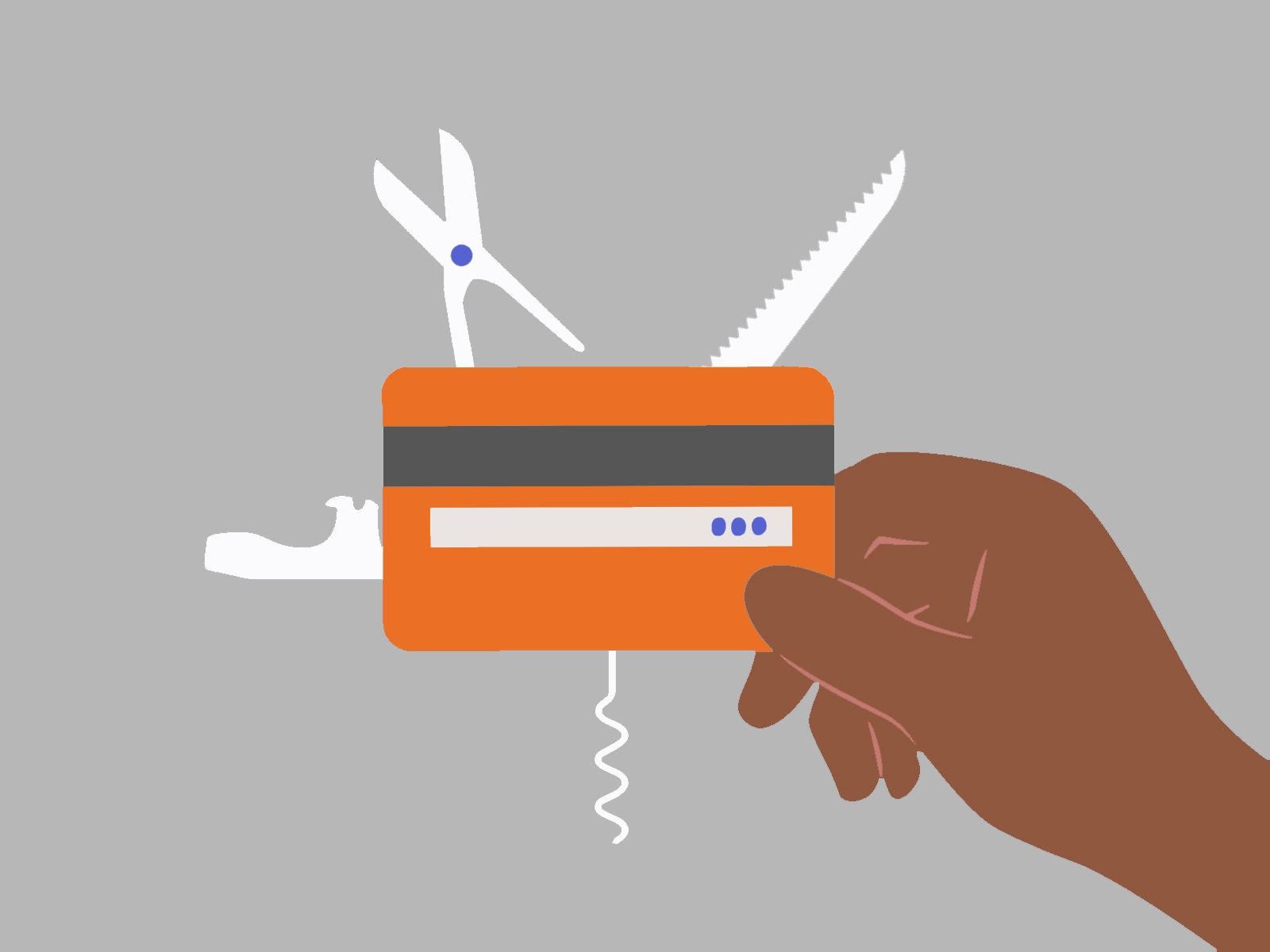She's a spender. He's a saver. How do they make it work?
No matter what stage of relationship you're in, talking about money is never easy. There are many ways couples can argue about finances, over questions as simple as “how are we splitting the bill for tonight's date?", or as complicated as “how should we treat our money after we get married?"
I can relate to having difficult money conversations. Even though we're not married, my partner and I have shared financial goals, which means that we've had many difficult financial conversations.
The hard part? I hate talking about finances. Plus, I'm a spender, while he's a saver. But despite our differences, we knew we had to come up with a healthy way to have these conversations. If you and your partner are like us, you might find these tips helpful. Some are from my own experiences, and some are from a few influential Canadians:


Saver, 28
All about staying in, bingeing TV shows, and trying new recipes at home.
Currently creating my vacation budget. Send me any tips you might have!
Be understanding
As a saver, it's important to understand why your partner spends money. There could be an emotional attachment to what they buy, it could be part of their hobbies, or maybe they feel like they've earned it after working hard.
“Spending and saving are learned behaviours," says Jessica Moorhouse, CEO of MoorMoney Media. “So talking about how money was portrayed to each other growing up can help both of you come to a better understanding of your differing money mindsets."
With these differences in learned behaviours, Moorhouse also says to realize that “just because you're a saver, that doesn't make you the good guy. Or just because you're the spender, that doesn't make you the bad guy."
Make talking about finances fun
Depending on your partner's relationship with money, it might be an uncomfortable topic or source of anxiety. This was the case with my partner and I, and it caused constant conflict. I avoided financial conversations because they made me anxious, which in turn made him feel like I didn't value our financial future.
In this scenario, personal finance influencer Nathalie Douglas recommends having “money dates," where you commit to “one hour of going through your finances, then rewarding yourself after, like watching your favourite movie." And that's exactly what my partner and I did! We now combine our budget nights with cooking a nice meal together at home.
Spender, 25
Hobbies include online shopping, going to cute cafés and trying new restaurants around the city.
Currently planning my next trip. Who needs to save money anyways?
Do the research
Financial conversations can be hard, and you and your partner may not always be able to take the emotions out of your situation. Researching how other couples deal with the topic can be helpful. This is a tip that really helped me, as a spender, understand how different couples approach budgeting and compromise. One particular podcast that helped me was this episode by the Bigger Pockets Money Podcast.
Remember that budgeting doesn't mean 'no spending'
One of the reasons I was so averse to budgeting is because I thought I would no longer be able to spend on the things I love, like shopping or travel. In reality, I've come to understand that budgeting is what allows me to spend on the things I love, just at a lower frequency, or less often than before.
“An important part of budgeting is making sure that you save for the things you need, and then rewarding yourselves with spending on the things you want," says Douglas.
Saver + Spender : making it work
Take your time
“In budgeting, couples often forget about leisure and dreams, which could lead to unfulfilled individuals, and build up resentment," says Kameela Osman, a registered social worker. This is why she recommends couples take the time to reflect on what their individual hopes and aspirations are, before committing to joint financial goals.
Be honest, and don't exert control
As most relationship advice goes, honesty is still the best policy. Osman advises that “keeping secrets can feel like a big betrayal of trust. Couples need to remember that honesty is different than control, and to be cautious not to slip into using finances to exert power over one another."
My partner and I had actually slipped into that a while back. In this case, I really wanted to go on a trip with my friends, but he felt that the money could go towards our savings goals. We had gotten into multiple arguments over this, because I felt like he was controlling my spending. After many honest conversations, we eventually reached a compromise that allowed for me to go on the trip (decreasing my budget in other areas) with him still feeling comfortable about our savings.










